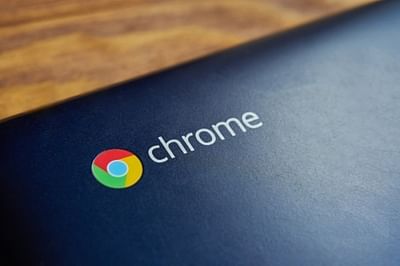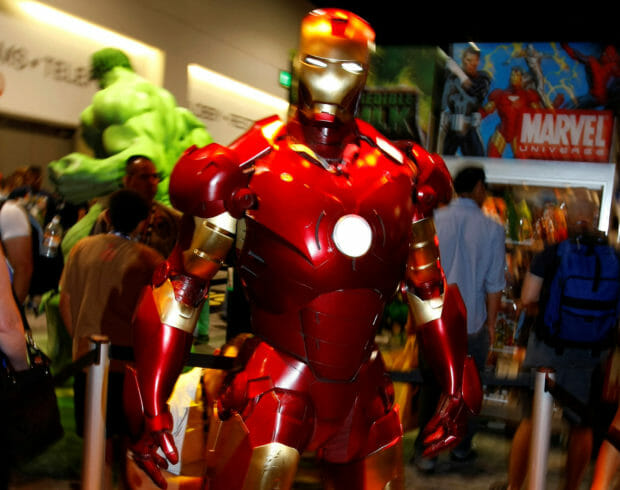Musk Increases Surge of Misinformation About Attack on Pelosi | WGN 720 Radio

A few hours after the attack on Paul Pelosi, conspiracy theories have already appeared on the Internet, which shift the blame for the attack to the husband of US Speaker Nancy Pelosi.
It didn’t matter that authorities said Paul Pelosi was alone when the suspect broke into the couple’s San Francisco home. Or that investigators said they don’t believe the two men knew each other.
It didn’t even matter that the suspect, David DePaipe, admitted to investigators that he broke into Pelosi’s home to target the speaker.
False claims of attack spread quickly anyway, and not just thanks to trolls in obscure online chat rooms. The claims received a major push from some prominent Republicans and Elon Musk, now the owner of Twitter, one of the world’s leading Internet platforms.
The number of posts falsely suggesting a personal relationship between Pelosi and the alleged attacker spiked on Twitter on Monday, a day after Musk tweeted and removed a link to an article that suggested it.
Musk did not say why he linked to the article or why he deleted his post, which came in response to Hillary Clinton’s tweet condemning the attack. Twitter did not immediately respond to questions from The Associated Press on Monday.
“It’s like he forgot for a second that he’s now the owner of the platform, not just an additional user who can say whatever he wants,” said Brad Greenspan, a technology entrepreneur and early investor in MySpace. “There’s a whole new set of responsibilities now as an owner.”
One of several Republicans to push the baseless conspiracy theory, Rep. Marjorie Taylor Greene, D-Ga., defended Musk on Monday in a tweet that repeated the erroneous claim that “Paul Pelosi’s friend attacked him with a hammer.”
Rep. Clay Higgins, R-Login, joked about the attack in his own, since-deleted, tweet repeating the conspiracy theory.
Meanwhile, Donald Trump Jr. mocked Paul Pelosi on Twitter with false claims.
The claim also spread to other platforms, including fringe sites such as Gab and Truth Social, where posts ridiculed the 82-year-old victim.
The posts targeting Paul Pelosi were just part of a recent wave of hateful and conspiracy-theorized posts that followed Musk’s purchase of Twitter.
In just 12 hours after Musk completed the purchase on Friday, references to the racist epithet used to demean black people jumped 500%, according to an analysis by the National Institute of Infection Research, a Princeton, New Jersey-based firm that tracks misinformation. .
Experts on extremism and disinformation researchers have warned that the change in ownership could hurt Twitter’s efforts to fight misinformation and hate speech, especially with this year’s midterm elections just days away.
Yosef Getachev, director of the media and democracy program at Common Cause, said there is a significant risk that misinformation spreading so quickly before an election could confuse or scare voters, or lead to more polarization or even violence.
“Instead of giving in to conspiracy theorists and propagandists, we urge Musk to ensure that Twitter’s rules and practices reflect our values of democracy and public safety,” Getachew said.
On Monday, San Francisco authorities held a press conference to discuss the latest results of the investigation into the attack. DePaipe told police he wanted to take Nancy Pelosi hostage and “break her kneecaps,” they said.
District Attorney Brooke Jenkins also debunked several other aspects of the conspiracy theory, saying there was no evidence DePape knew Paul Pelosi and saying Pelosi was home alone when DePape broke in.
While belief in conspiracy theories is not new to American history, experts who study disinformation say it can become dangerous when it convinces people to see violence as an alternative to politics or when it causes people to ignore inconvenient truths.
DePape appears to have been the author of racist and often rambling online posts in which he questioned the outcome of the 2020 election, defended former President Donald Trump, and repeated QAnon conspiracy theories.
QAnon followers support the belief that Trump is secretly waging a war against a sect of bloodsucking Satanists who have forever controlled world events. This movement has been linked to an increase in real-world violence in recent years.
Social media has accelerated the spread of conspiracy theories, helped believers organize and allowed groups to use misinformation for their own purposes, said Sasha Haworth, executive director of the Tech Oversight Project, a group that supports new rules on the platforms.
Twitter and other platforms, Haworth said, “have created a toxic atmosphere where public officials and their families are at risk (and) now online threats are spilling over into real violence.”
https://wgnradio.com/news/technology-news/ap-musk-boosts-surge-in-misinformation-about-pelosi-attack/




